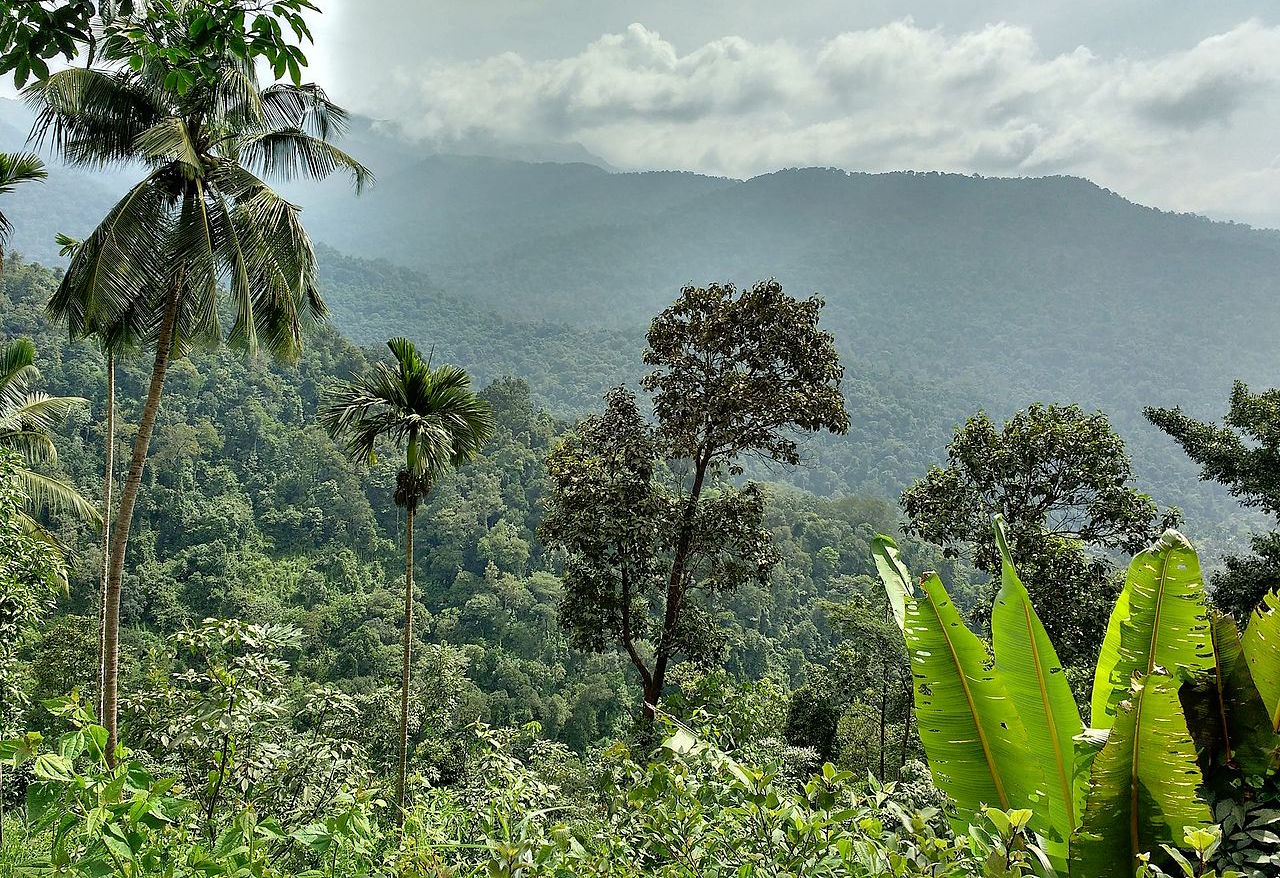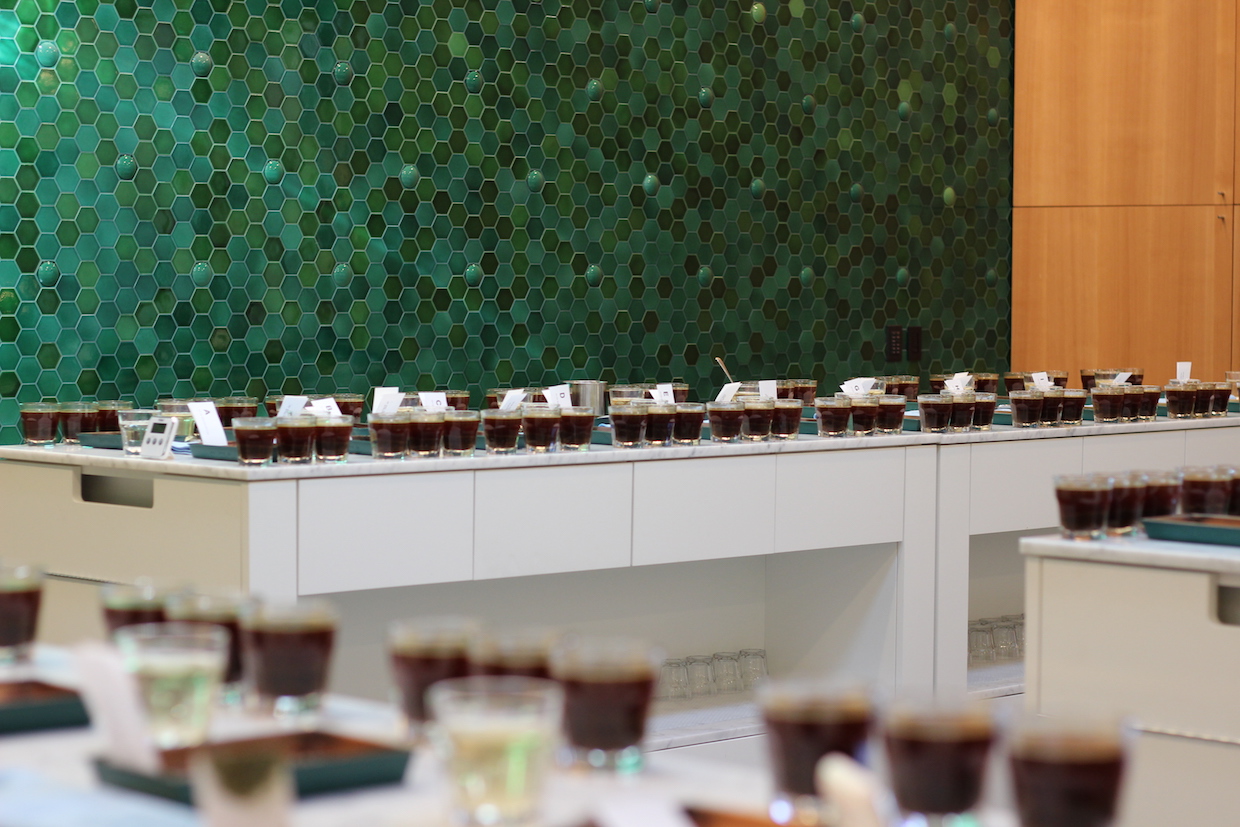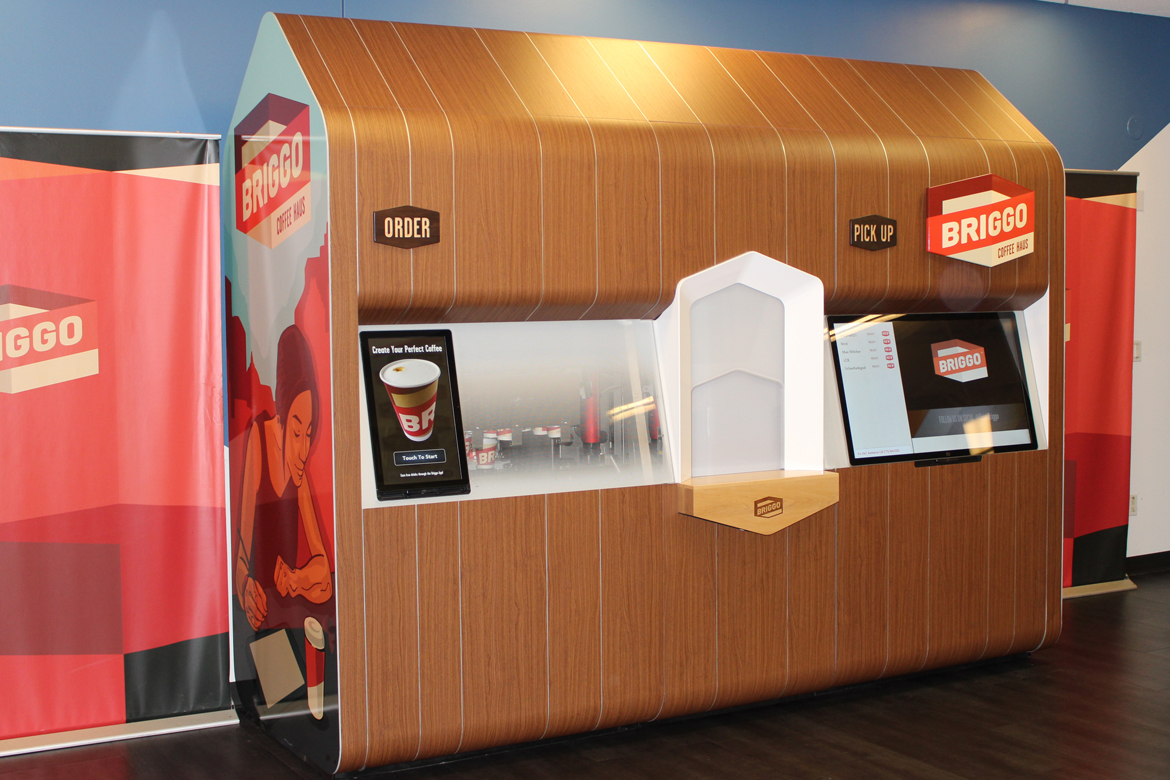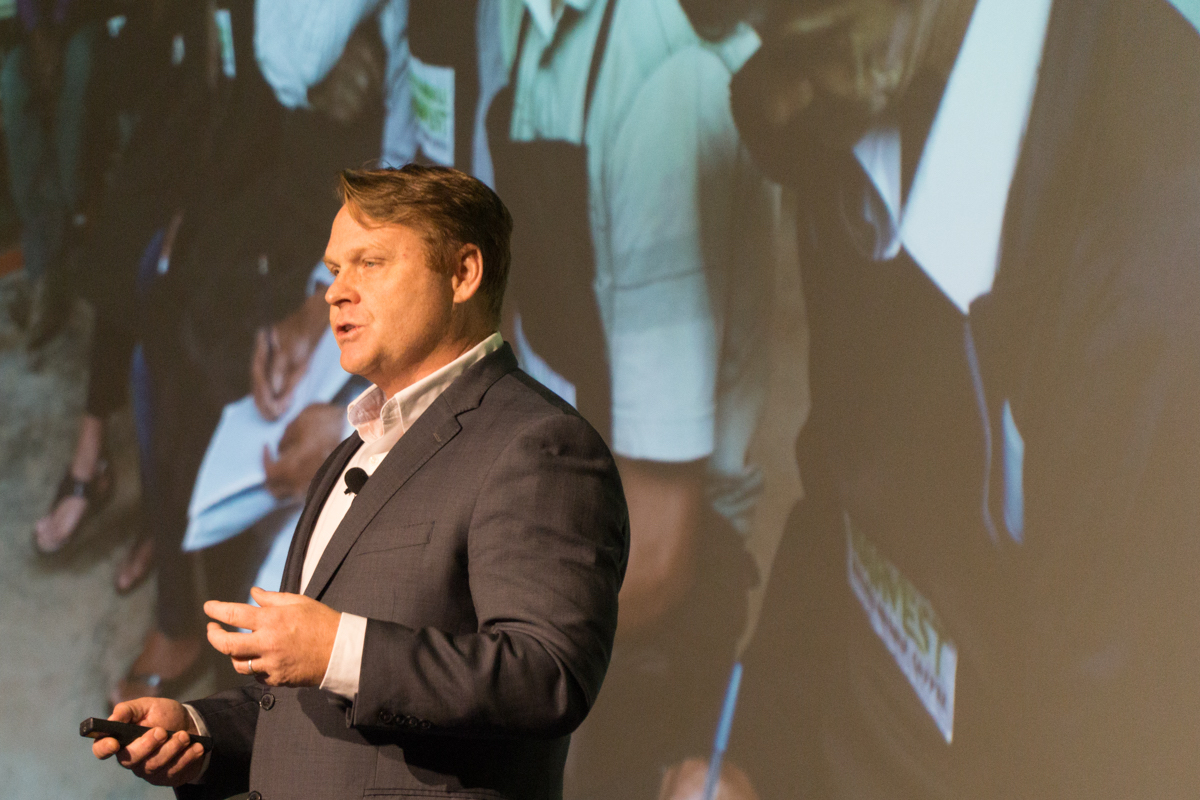A new study conducted by researchers in Switzerland and involving 115 patients has indicated that drinking coffee helps people get “regular” again after surgery, thus also shortening their hospital stays. Results were published in PubMed:
RESULTS: A total of 115 patients were randomly assigned: 56 were allocated to the coffee group and 59 to the tea group. After coffee intake, the first bowel movement occurred after a median of 65.2 hours versus 74.1 hours in the control group (intention-to-treat analysis; p = 0.008). The HR for earlier first bowel movement after coffee intake was 1.67 (p = 0.009). In the per-protocol analysis, hospital stay was shorter in the coffee group (6 d in the coffee group vs 7 d in the tea group; p = 0.043).
Elsewhere in the Scandinavian gut, coffee appears to protect against gallstones. Researchers in Denmark found a correlation between drinking more than six cups of coffee per day and a 23% lower risk of developing symptomatic gallstone disease, and published their study in the Journal of Internal Medicine. Per a press release:
Among 104,493 individuals, those who drank more than six cups of coffee per day had a 23% lower risk of developing symptomatic gallstones compared with individuals who did not drink coffee. Drinking one extra cup of coffee per day was associated with 3% lower risk. Also, individuals with certain genetic variants that have been linked to increased coffee consumption had a lower risk of gallstones.
Although the study only uncovered correlations, the authors highlighted several mechanisms by which coffee consumption might help prevent gallstones from forming.
Some people’s gut intuition is that coffee plantations in southwest India’s Kodagu district are to blame for the climate change-related floods and droughts affecting the region. Quartz India spoke with some forestry researchers about how it’s not actually the coffee’s fault, it’s the prevalence and lack of diversity of non-native trees planted for shade and for profit after native forest has been cleared. But even this need not be the case:
While the environmentally disastrous effects of plantations are frequently discussed, agroforestry researchers try to strike a middle ground. Scientists like those in the ecosystem management group at ETH gather data to build up evidence that there need not be a dichotomy between forests and agriculture; they can exist side-by-side in a way that can be profitable to farmers, and cause least damage to the environment.
The Specialty Coffee Association (SCA) has renewed its strategic partnership with Vermont-based nonprofit health organization Grounds for Health. The organization focuses on cervical cancer prevention programs in coffee-producing regions. GFH had more:
Bringing preventive health care to underserved communities is an important step in protecting the quality of life of women who work in coffee and live in some of the most remote coffee regions. Over the next two years, the organizations will collaborate on work in East Africa that builds sustainable, healthy, and durable origin communities.
“We couldn’t be more pleased,” stated Ellen Starr, Executive Director of Grounds for Health. “This multi-year commitment from our long-time partners at SCA creates the opportunity to ensure a healthy future for even more women in the coffeelands.“
Bay Area newspaper The East Bay Times conducted a friendly Q&A with importer Royal Coffee‘s 35-year-old CEO Max Nicholas-Fulmer. Topics included how the industry has changed over the years, Royal’s commitments to local jobseekers and the motivations behind its boutique smaller-volume and educational offshoot The Crown:
Our intent was to create an open-source educational center to benefit an industry not historically known for transparency. We look at The Crown as an investment in our customers and producing partners. Having a venue for producers to showcase their coffees and an educational program is the foundation of Royal’s next 40 years in business. We want it to be a place where anyone can walk in and experience the full spectrum of coffee, whether by enjoying a flight of espressos, taking a course on sensory exploration, or learning more about green coffee analytics.
Taiwanese multinational electronics contract manufacturing company Foxconn has routinely failed to deliver the job numbers it promised when it accepted $4.1 billion incentives from the administration of former Wisconsin governor Scott Walker. It appears coffee is not to blame. It was announced today that Wisconsin-based Foxconn Industrial Internet will be building autonomous Briggo Coffee Hauses for the robot barista company’s expansion. Briggo had more in a press release:
“Consumer demand for Briggo’s connected coffee experience has grown fast and it is time to scale-up our production capacity with this exciting global partnership,” said Briggo CEO Kevin Nater. “Foxconn Industrial Internet provides us the scale and speed necessary to revolutionize the global specialty coffee market.”
Portland-based importer Sustainable Harvest is collaborating with Stanford University for the launch of a new on-campus executive course called “Leadership and Design Thinking: Drive change in your organization.” Sustainable Harvest Founder and CEO David Griswold will be among experts joining Stanford professors and researchers in leading a session entitled, “Relationship Coffee: Designing Business through Partnerships and Collaboration.” Per a press release this week:
“Infusing sustainability and design thinking into the heart of business has the power to overcome some of the greatest barriers to global well-being,” says Stanford professor Julia Novy-Hildesley. “To do so, we must inspire the next generation of business leaders and entrepreneurs with lessons and models from pioneering change agents like Sustainable Harvest.”
Howard Bryman
Howard Bryman is the associate editor of Daily Coffee News by Roast Magazine. He is based in Portland, Oregon.











Comment